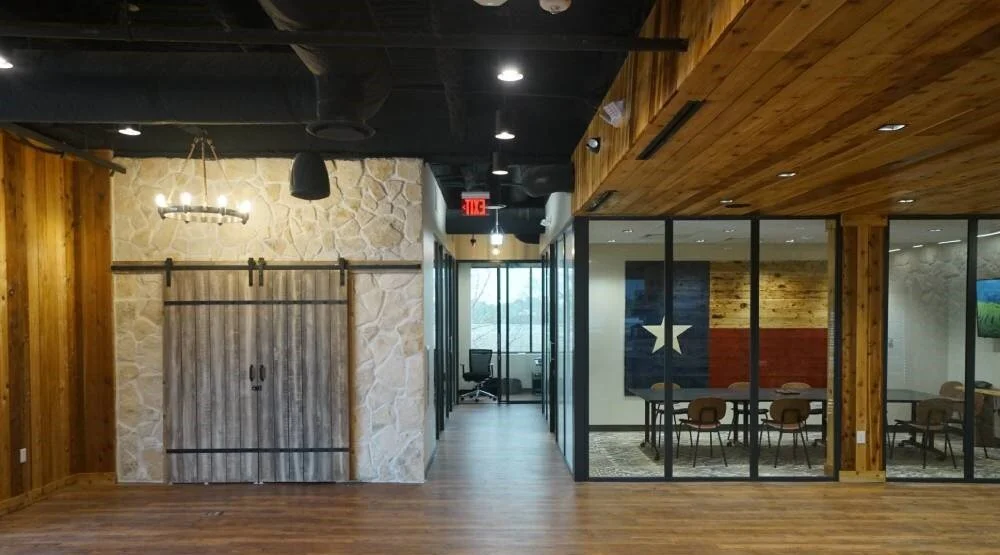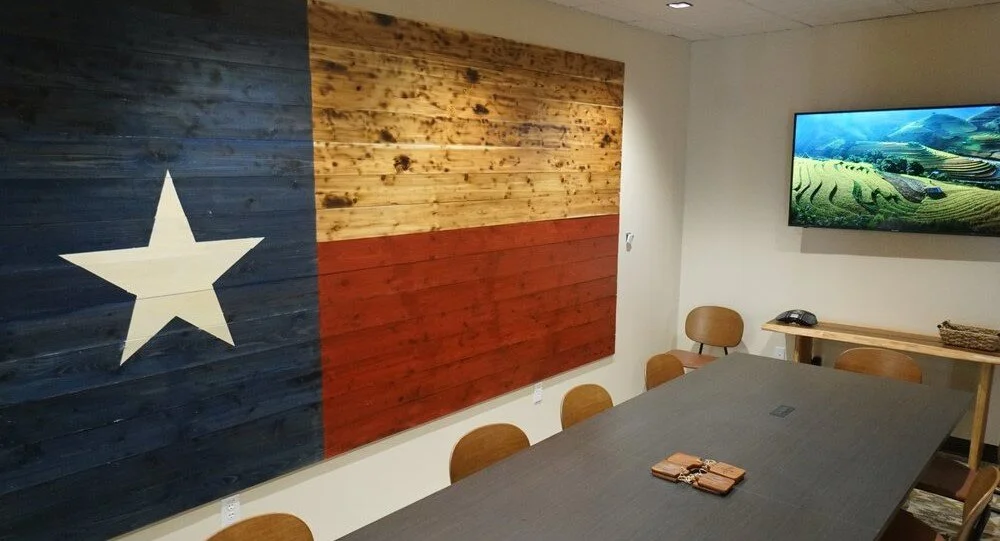It’s no secret that the Covid-19 pandemic has completely upended the idea of a “normal” workplace. Due to the pandemic, many employers have been forced to allow their employees to switch to working remotely, rather than commuting to a large central office every day. Whether the choice was made to protect the health and safety of employees, to comply with local ordinances for sheltering-in-place, or to cut costs during an uncertain time, the results have been the same for many businesses: employees can be just as productive, or even more productive, when working remotely. Given the increased productivity, and often increased employee satisfaction when given the option to work remotely, it’s no surprise that many companies are scrambling to revise their policies regarding when and where employees can do their work.
With the ongoing uncertainty around the pandemic, companies are having to modify their workplace policies on the fly, and continue to update them as the situation evolves. With technology allowing people to connect quickly and easily from anywhere in the world, and the stay-at-home orders demonstrating that many essential job functions can be performed from anywhere, many people agree that the notion of the workplace might be forever changed as a result of Covid-19. In addition, with the pandemic not yet under control in large parts of the U.S., many companies are understandably reluctant to bring together large groups of employees in one location when a single infected person could spread the disease to dozens or even hundreds of others, resulting in catastrophic consequences that could ripple throughout the company.
One industry perfectly poised to support the change to a more remote workforce is the coworking industry.
What is coworking?
Although the term “coworking” has become a popular buzzword in recent years, the idea of shared offices and flexible workspace has actually been around for decades. Coworking spaces provide flexible places for people to work on an as-needed basis. They are perfect for freelancers, people who travel extensively, teams working on short-term projects, startups, seasonal staff, extension offices, and much more. Offerings at coworking spaces can include anything from a single workstation in a common area to suites of private, full-time offices. Generally, coworking spaces have flexible agreements that are much shorter than traditional commercial office space and include a variety of amenities such as coffee and snacks, networking events, administrative support, and more.
Coworking spaces are now located all over the world. You can find them in traditional office buildings, and non-traditional settings, such as warehouses, cafes, and even outdoor spaces.
As technological advances have made it easier for people to do business from afar, coworking spaces have grown in popularity.
Is coworking the future?
Although the rise in popularity of coworking in recent years was considered by many to be a trend that would continue to grow as companies and employees gained confidence in the idea of remote work, the Covid-19 pandemic accelerated the demand for remote work in a way that no one could have predicted.
Due to a huge variety of factors, including risk of exposure to the coronavirus, government regulations, and lack of access to childcare, among others, employees and companies are scrambling to find ways to meet the needs of their company while juggling the challenges and risks associated with the pandemic. At the beginning of the pandemic’s surge, this meant many people had no choice but to work from home due to shelter-in-place orders. However, as those restrictions are loosening, a growing number of workers are looking for a compromise between returning to a regular office environment with a long commute and exposure to hundreds of coworkers and continuing to work from home which can be distracting and stressful.
For many people and companies, that compromise is a coworking space. Great coworking facilities offer all the amenities of traditional office spaces without the upfront costs and long-term commitment. There are a lot of ways that coworking spaces serve businesses and workers.
Meeting Rooms and Event Space
Coworking spaces offer access to event space and meeting rooms, making it convenient to gather with a team, even if everyone is normally working remotely. You have the flexibility of team space when you need it, without the permanent cost and hassle of traditional space.
Office Space
If employees want a place to work outside the house, but don’t want to commute to a central location, most coworking spaces offer private office access that can be used on a permanent or as-needed basis. Whether you need access to a private office that is yours 24/7, or just a place to drop-in and work quietly from time-to-time, coworking spaces provide a great solution. They’re also perfect for short-term project teams, satellite offices, and seasonal work.
Hot Desks
“Hot desks” are workstations that are available on an as-needed basis. Perfect for freelancers, small business owners, people who travel frequently, or workers who want an occasional change of scenery, hot desks allow people to drop in and work whenever they need to, at a fraction of the cost of traditional office space. Plus, the coffee is included.
Why choose Ranch Office for coworking in Houston?
If you’re looking for flex space in Houston, the services and amenities offered at Ranch Office are top-of-the-line. Ranch Office offers a variety of membership options all designed to work for everyone from freelancers to traveling executives and more. We even offer virtual office solutions.
All of our in-house membership options come with 24/7 access which allows for ultimate flexibility when determining your schedule. Ready to learn more about what we bring to the table? Check out Ranch Office’s membership options and schedule a tour of our facilities today.




